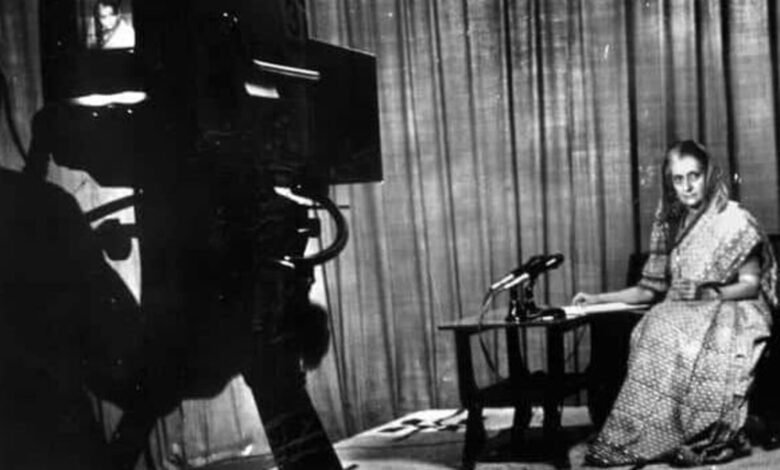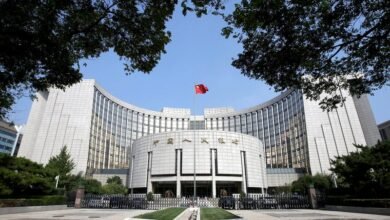BUSINESS
49 years since Emergency: Why, when and more on Indira Gandhi’s attempt to centralise power — a look back

On June 25, 1975, Indira Gandhi, the then Prime Minister, imposed a 21-month state of emergency in an attempt to crack down on civil liberties.
Article 352 of the Indian Constitution gives the President the power to declare an Emergency if there is a grave threat to the security of the country, whether by war, or external aggression, or armed rebellion.
Here is all you need to know about Emergency 1975:
- Indira Gandhi announced the imposition of Emergency in a broadcast on All India Radio late on June 25, 1975, shortly after the Supreme Court granted a conditional stay on the Allahabad High Court verdict, declaring her election to the Lok Sabha null and void. The apex court asked Gandhi to stay away from parliamentary proceedings.
- “The President has proclaimed Emergency. There is nothing to panic about,” Gandhi had said in her midnight address to the nation that set off a series of arrests of opposition leaders.
- “I am sure you are all aware of the deep and widespread conspiracy, which has been brewing ever since I began to introduce certain progressive measures of benefit for the common man and woman in India,” she noted.
- Indira Gandhi-led Congress had won the 1971 Lok Sabha elections handsomely, bagging 352 seats in the then 521-member Parliament. Her star was on the ascent, having dealt a deadly blow to Pakistan by liberating Bangladesh in December 1971.
- However, India was also in the throes of instability with the students’ Navnirman agitation in Gujarat, Jayaprakash Narayan’s (JP) movement in Bihar, the Railway strike spearheaded by George Fernandes in 1974, the Allahabad High Court judgment of June 12, 1975, declaring Gandhi’s election to Lok Sabha from Rae Bareli null and void.
- The Congress’ defeat in the Gujarat elections to a five-party coalition and the opposition rally at the Ramlila Ground in Delhi on June 26, 1975, put Gandhi in a tight spot and was considered a trigger for the imposition of Emergency.
- JP also called for a nationwide movement to remove Gandhi as the prime minister amid calls from many within the Congress for her ouster.
- Opposition leaders JP, L K Advani, Atal Bihari Vajpayee and Morarji Desai and scores of activists were put behind bars soon after the imposition of Emergency.
- The 21-month period was also known for excesses such as forced mass sterilisation, censorship of the press, suspension of constitutional rights and centralisation of power.
- Springing a surprise, Gandhi called for elections on January 18, 1977, in the same manner in which the Emergency was imposed. The general elections were held between March 16 and March 20, and the Emergency was lifted on March 21, 1977.




